The World Cup is the iconic and legendary international football tournament intended to bring the world together through sport; it promotes international friendship and unity for both its participants and its audience. We’re now a week in, and there’s a lot to talk about.
The group stages have kicked off and so have the headlines, from shock upsets like Argentina’s loss to the much lower-ranked Saudi Arabia, to Qatar’s group stage disqualification — the earliest a host nation has exited the tournament in its history. Unfortunately, these matches are overshadowed by the controversy that has surrounded the tournament since Qatar was announced in 2010. I wish I could use this opportunity to write a full preview of the next month of football, tell you my predictions for which teams I think will succeed, and who I think will raise the trophy at the end of it all. But I cannot in good conscience do that, because this is an event of corruption and pain that needs to be treated as such.
Qatar’s selection, and subsequent preparation to host the event, has been mired in scandal and controversy. Among others, some of the main concerns expressed by the tournament’s critics are the small oil nation’s dismal human rights record, its inhumane treatment of migrant labor workers, and its laws which persecute the LGBTQ community. Detractors of the tournament include the public, international human rights organizations like Amnesty International, and participating teams themselves. One of the most outspoken of these teams is Denmark, which has been one of the most vocal protestors of the injustices committed by Qatar. In a collaboration with kit manufacturer Hummel, heading into the tournament, the Danish national team will be outfitted in either their all-red or all-black kits, the former representing their desire to be invisible “during a tournament that has cost thousands of people their lives,” and the latter as a mourning outfit for the lives that have been lost.
Now that the tournament has begun, the outcries over its circumstances have far from waned, in large part due to Federation Internationale de Football Association’s doubling down. In a decision that only poured fuel on the fire, football’s international governing body announced their decision to punish team captains with automatic yellow cards if they decided to wear the OneLove armbands in protest of the Qatari legal ban on homosexuality. Forced into a corner, England, Wales, Belgium, Denmark, Germany, and the Netherlands then made the announcement that they would abandon the statement, and subsequently, the German national team took a photograph before their group stage tie with Japan on Wednesday with their hands covering their mouths, protesting their forced silence.
This World Cup is undeniably tainted. There is no way to fully enjoy the event without this shadow lurking in the background. The players themselves are put in a most uncomfortable and confusing position. The media looks to them to condemn the hosts and take a stand against the injustices and controversy surrounding Qatar, but the players just want to play, and for good reason. They were not the ones who made the corrupt decision to choose Qatar as the host nation 12 years ago, nor should they be put under such pressure to speak out about it. Playing in the World Cup for your country is the highest honor a player can be given, and footballers aspire to these heights from childhood. Most of them just want to play and make their nations proud. It is unfair that the pressure to speak out weighs so heavily on players, so we must commend them and the teams that choose to take a stand with the platform the tournament has given them.
On a personal note, I feel conflicted on whether I should watch due to the ethical implications of supporting Qatar in any way, and I’m not the only one in this position. Fans all over the world are in a similar position of wanting to support their national teams or their favorite players but being unwilling to support the tournament itself. It is wrong that this burden has been placed on the audience. Similar to the players, we had no hand in awarding Qatar hosting duties nor their cruel and inhumane way of attaining them. We, as consumers, being positioned to bear any part of the blame just by watching is wrong. To fans of the game, the World Cup is the greatest celebration of football around the globe. We look forward to the tournament and every 4 years when it rolls around, it’s all the world can talk about. Children fall in love with the game by watching the World Cup. Fans (read: myself) remember Mario Goetze’s last-minute winner that clinched the trophy for Germany in 2014 more clearly than they remember what they had for breakfast yesterday. International tournaments like the World Cup and the Olympics are meant to be beacons of positivity, global celebration, and human togetherness, but, in 2022, that purpose has been poisoned.
Art Courtesy of Ava Bayley


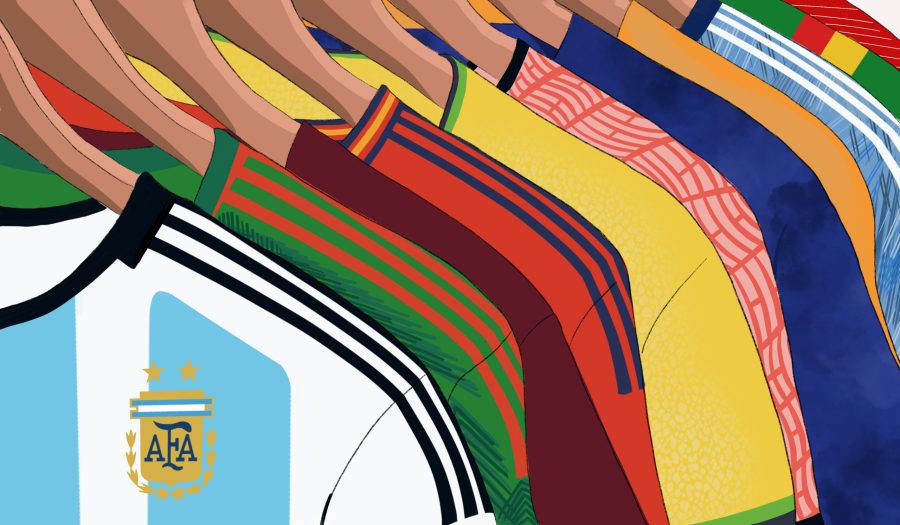

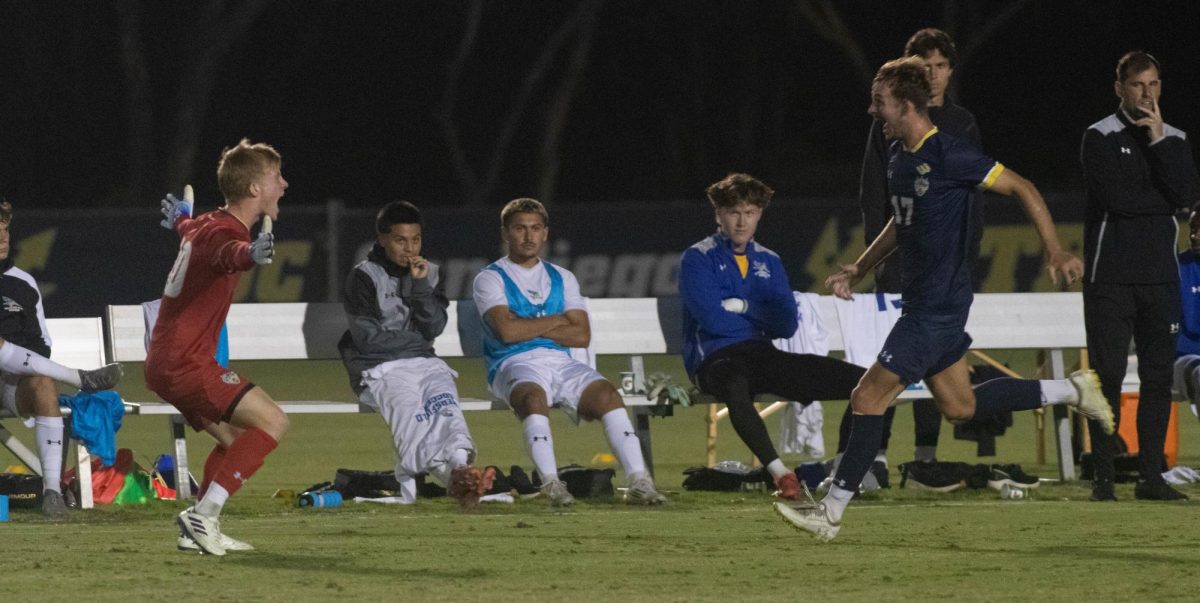
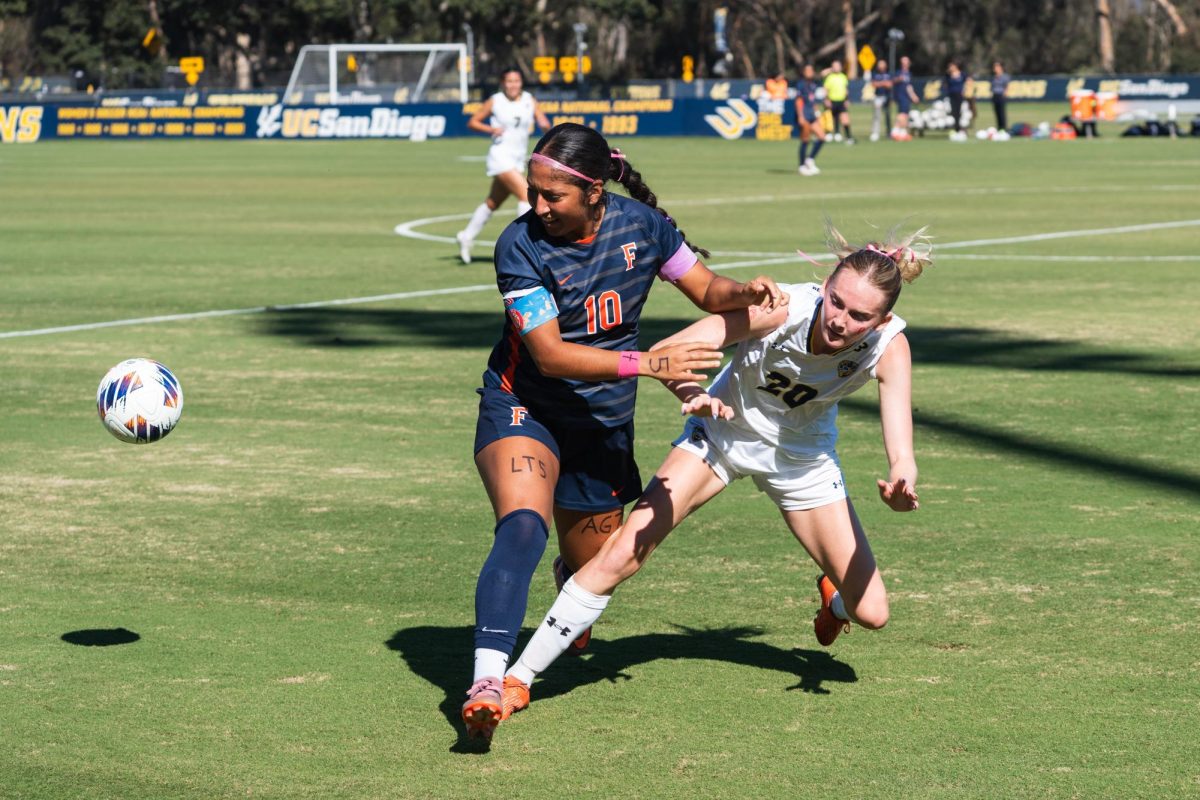
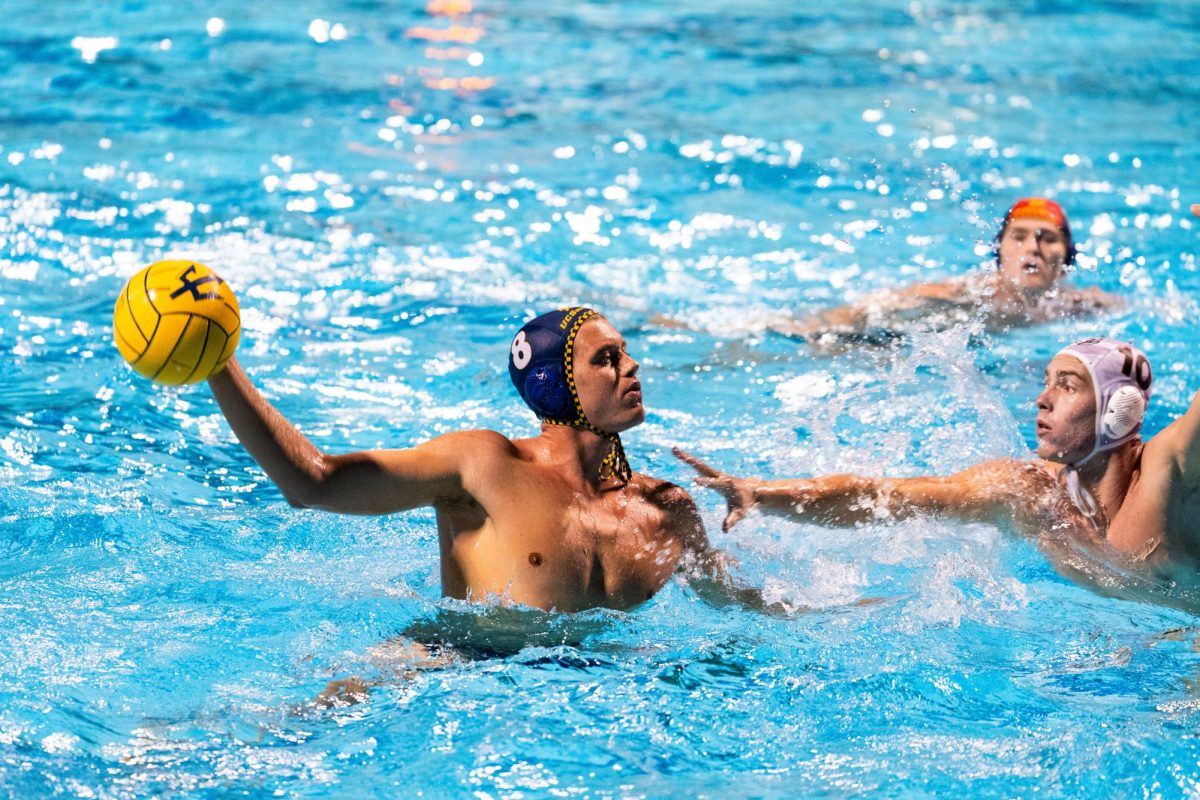
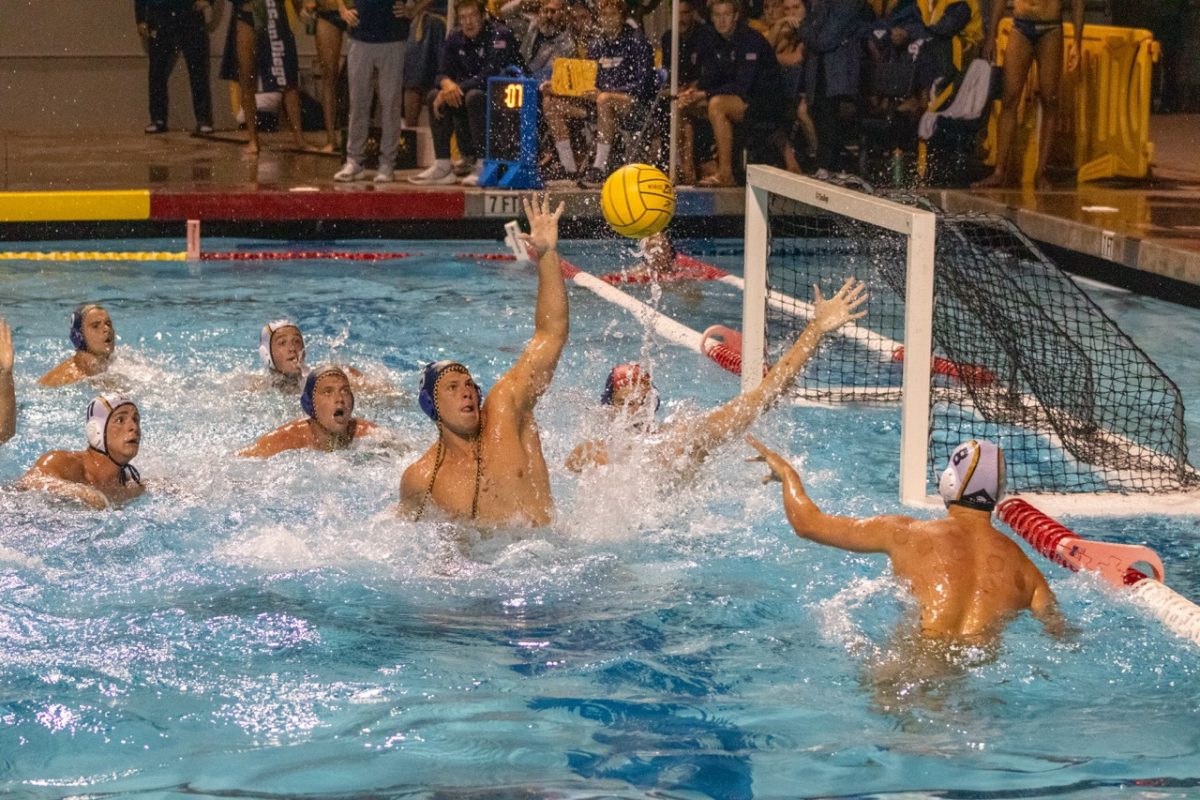
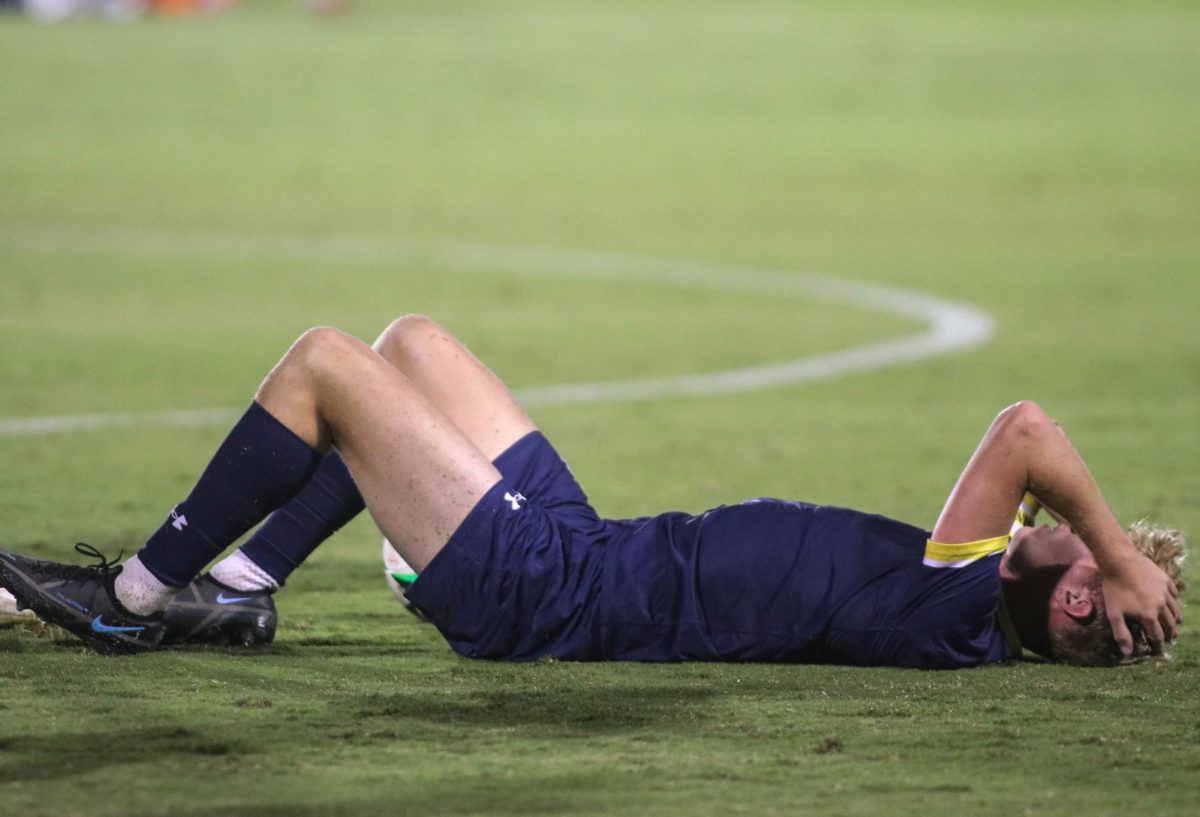
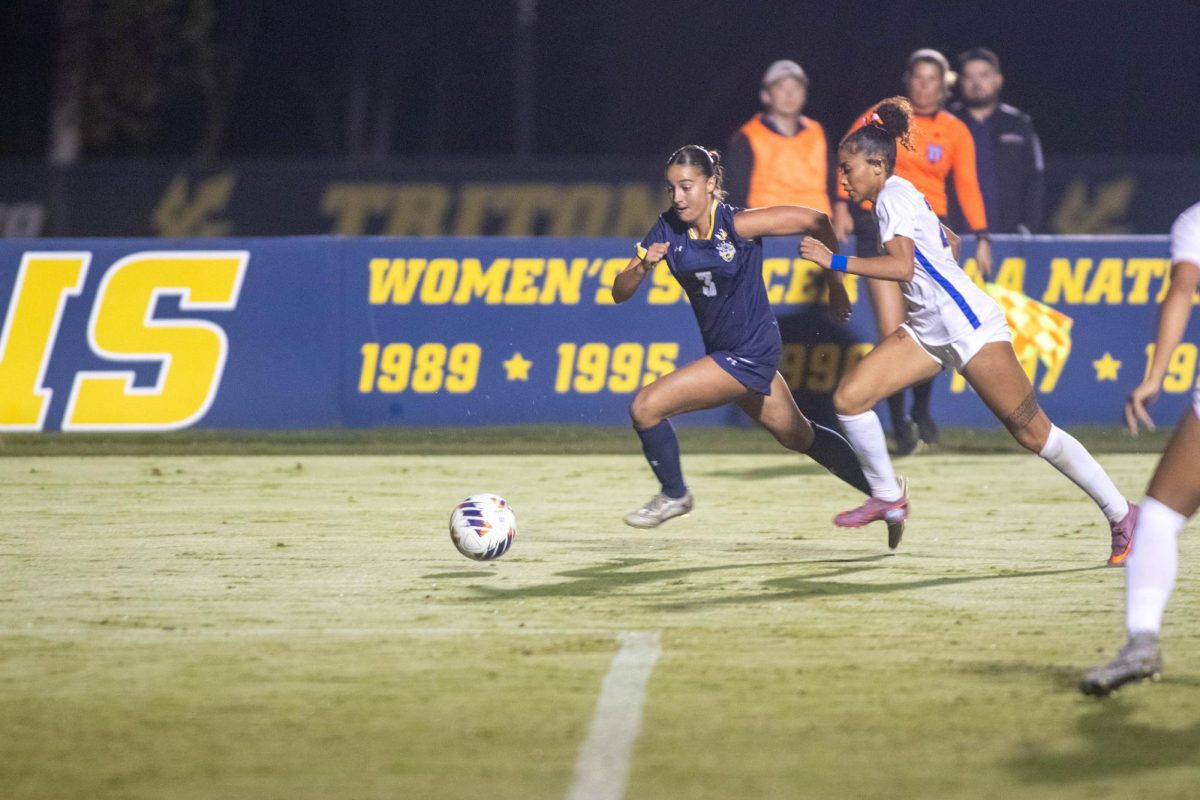
Emma • Jan 22, 2023 at 1:40 am
Yes, stocks of many sports organizations can be found on stock exchanges today. European football clubs are very active in the stock markets, here https://adamfayed.com/15-football-clubs-on-stock-market/ you can find more useful information about this